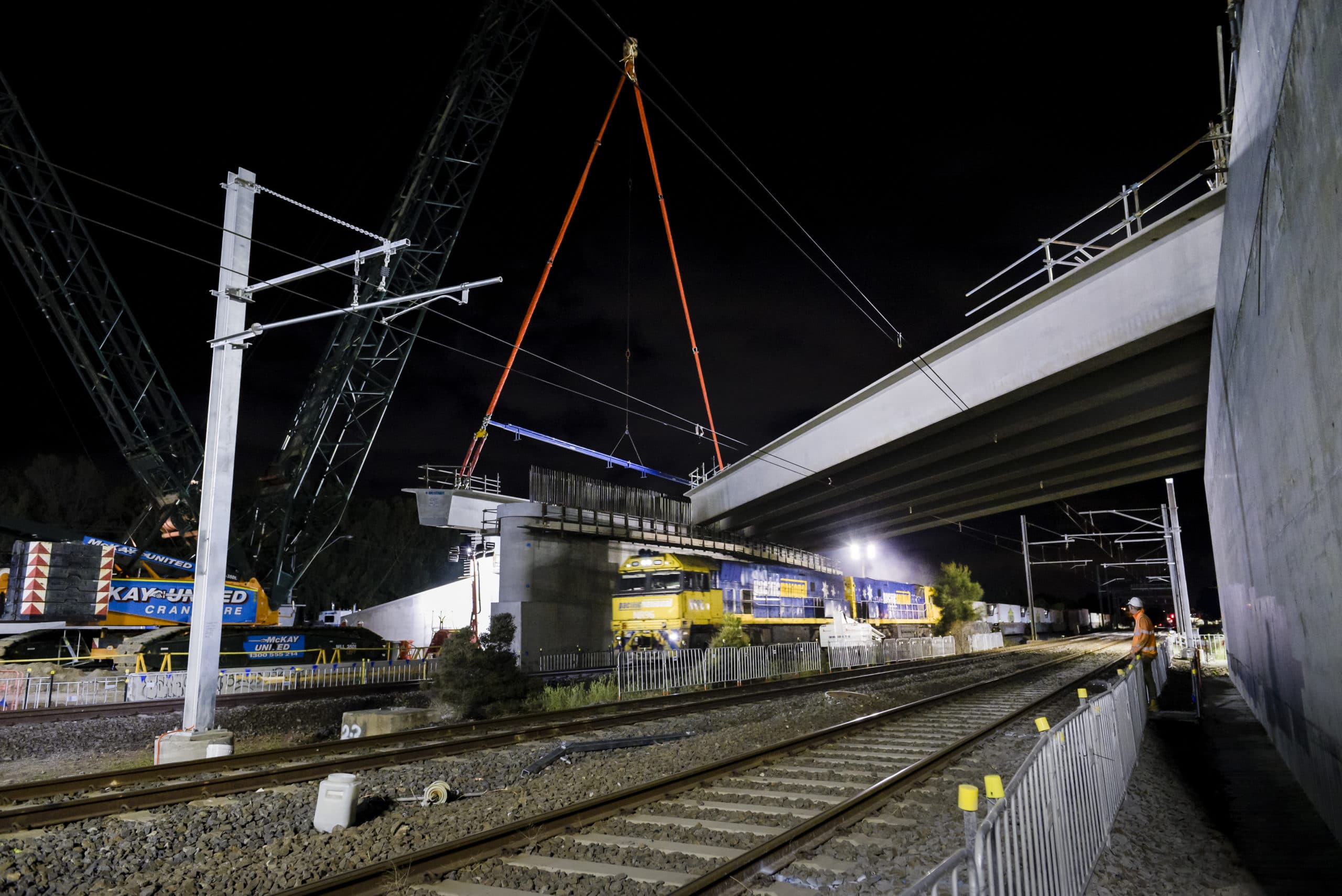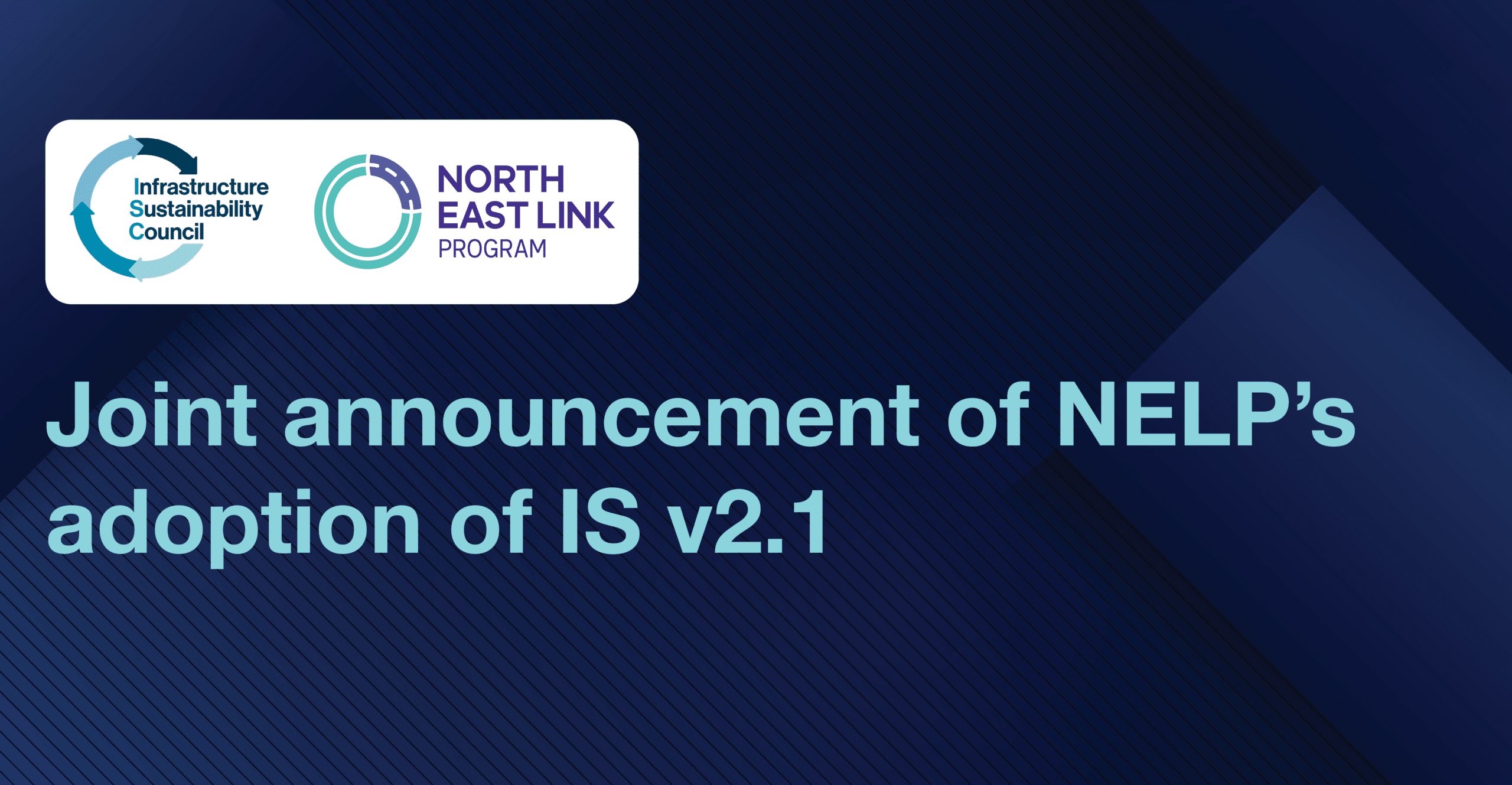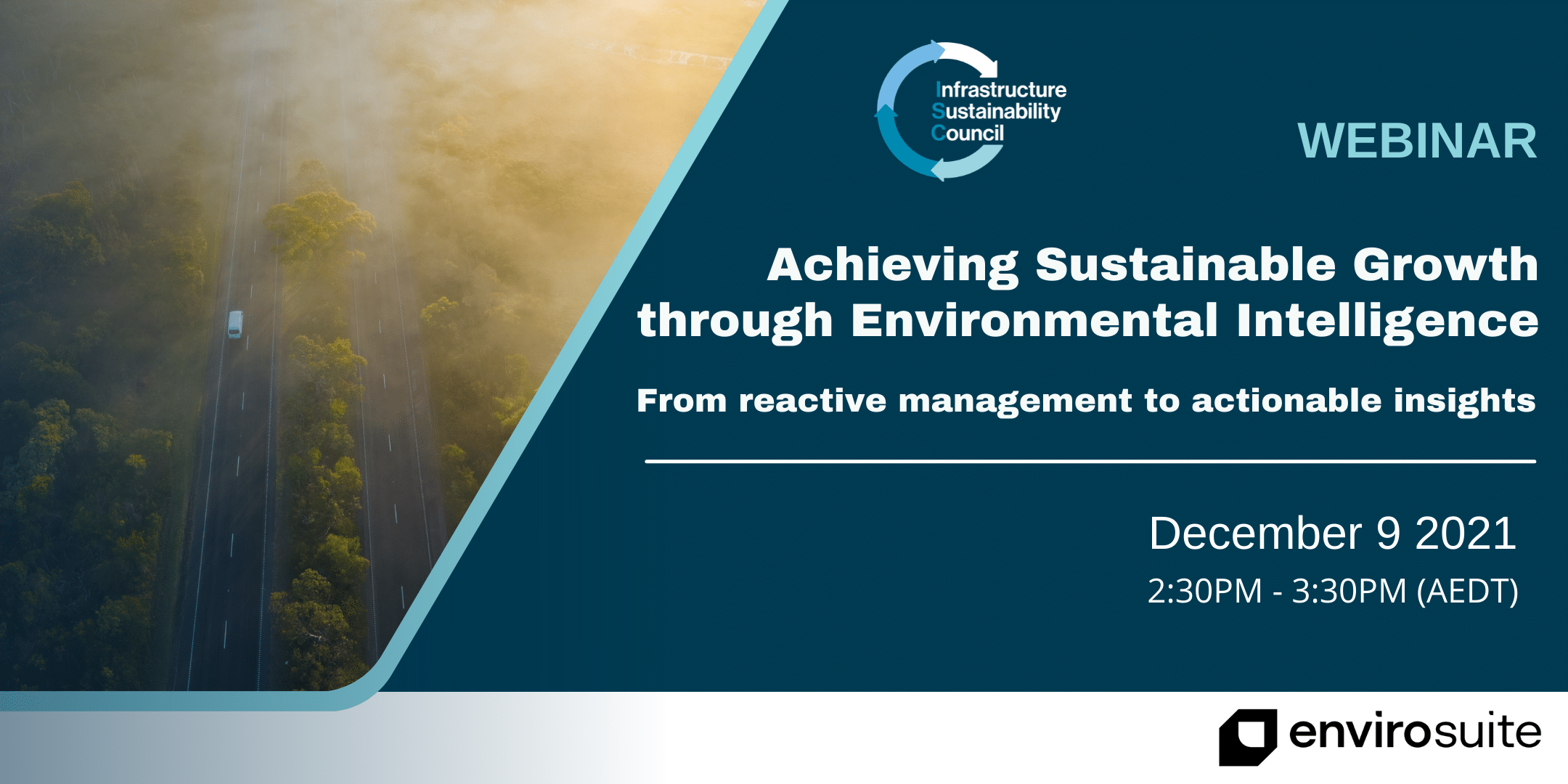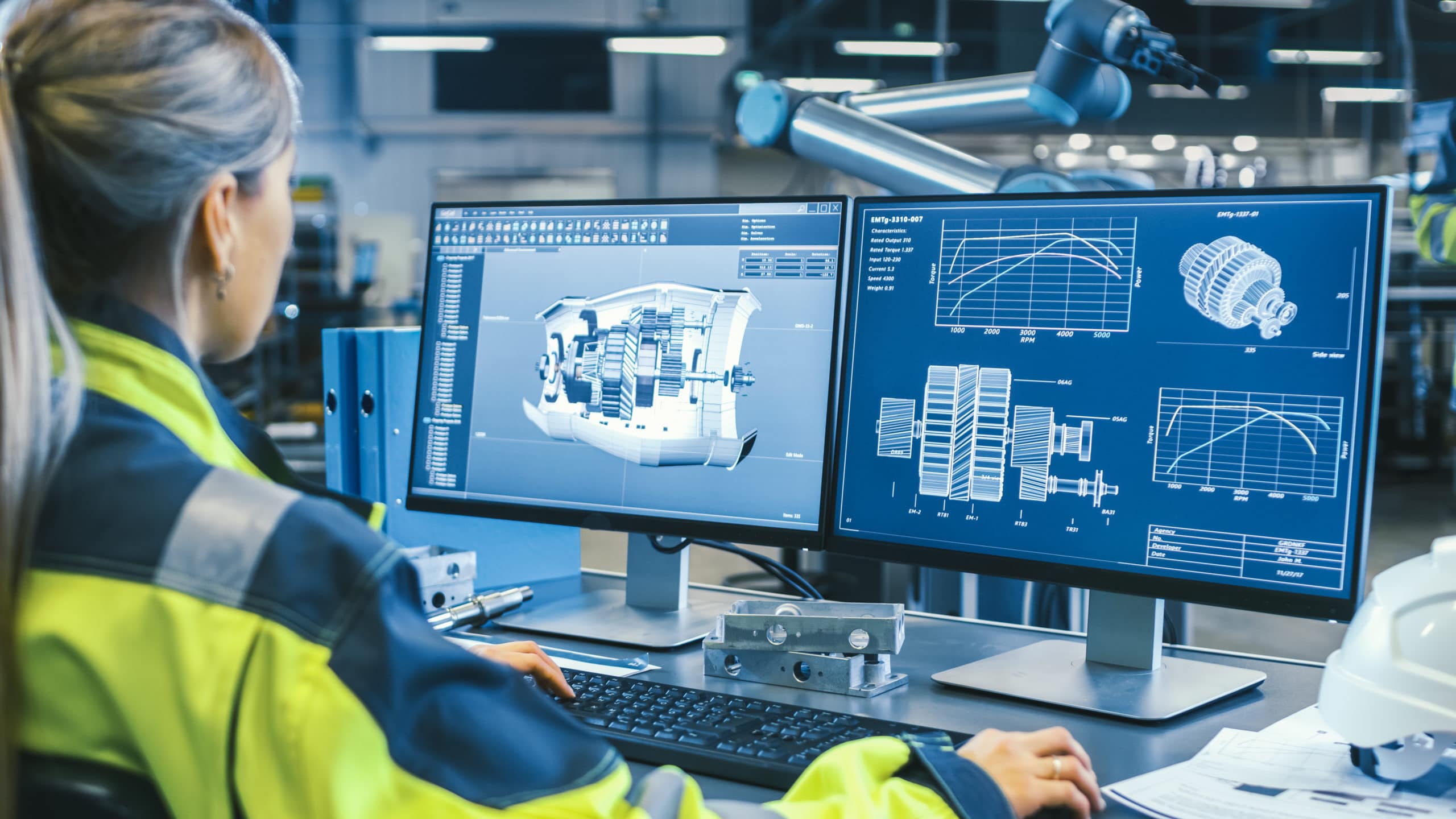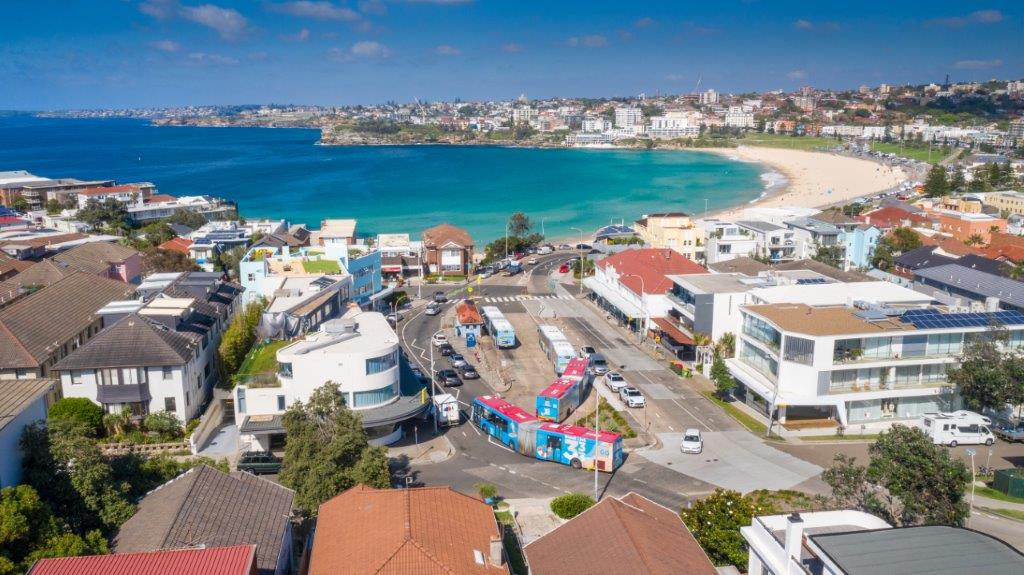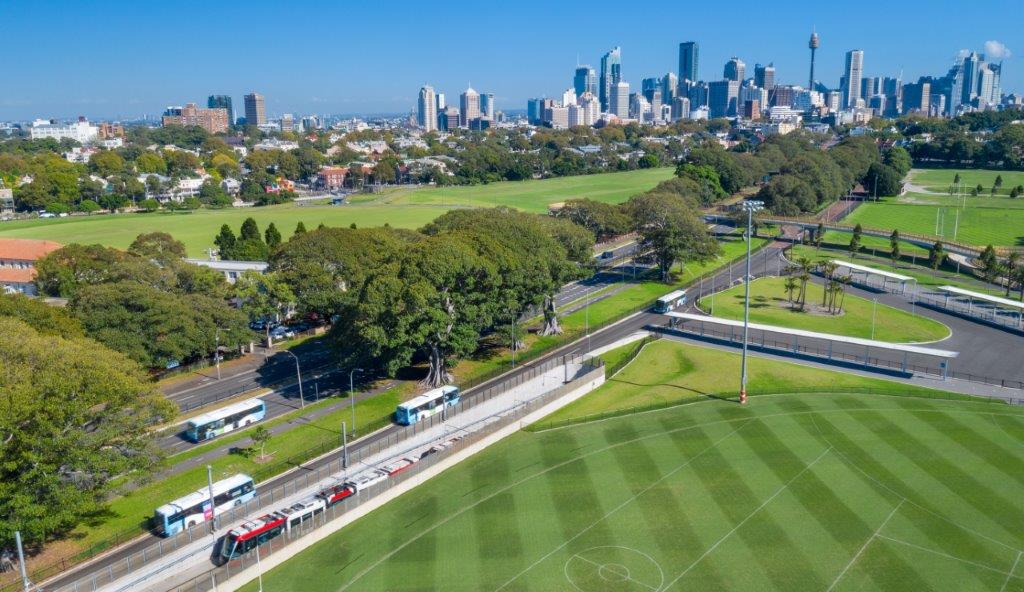A month after the COP26, three key transport peak bodies, the Infrastructure Sustainability Council (ISC), Roads Australia (RA) and the Australasian Railway Association (ARA) have reconfirmed their commitment to work in partnership to help industry lead decarbonisation of the transport sector.
The commitment will be supported by a research report to be released early next year which will provide recommendations government and industry can adopt to accelerate decarbonisation in the transport sector based on local and global leading practice.
The three peak bodies have been working together on the joint research project, which is nearing its final stages and will be key to providing a road map to for the transport sector to lead efforts reduce emissions across the sector to support the achievement of net zero by 2050.
The study, being undertaken by KPMG, is expected to recommend a series of actions to support a focus on place, drive emissions reduction, support investment in renewables and EV infrastructure, and promote engagement and collaboration across the transport asset lifecycle.
The recommendations have been informed by engagement with industry to identify the challenges and opportunities facing the transport sector.
It will build on November’s COP26 commitments to transition to zero emissions vehicles around the world and support the Breakthrough Agenda to promote collaboration on clean and sustainable solutions before the end of the decade.
RA Chief Executive Officer Michael Kilgariff said, “COP26 has unquestionably built further momentum for decarbonisation across the transport sector. This study will highlight opportunities for our industry to coalesce around the type of practical actions that will deliver meaningful and sustained change.”
ARA Chief Executive Officer Caroline Wilkie said, “There is a huge opportunity for the transport sector to be a driving force in achieving our net zero future. This report will help set the agenda for industry to work together to deliver tangible and positive change for the long term.”
ISC Chief Executive Officer Ainsley Simpson said, “Climate action is a shared responsibility that no one organisation or stakeholder group can solve alone – it is going to require a truly collaborative approach focussed on impact for people, planet and the economy. We are excited by this pioneering partnership with ARA, RA and ISC bringing together a network of shared members to lead our industry to transition. We welcome and encourage others to join us on this journey,’’
The joint research project was launched in September with the support of report sponsor Arup, a firm committed to accelerating reduction in carbon emissions and creating effective sustainability outcomes for their clients.
The report, which will feature a range of local and international case studies highlighting the opportunity for more sustainable approaches across the transport sector.
The report is expected to be released early next year and will be followed by a Spotlight on Sustainability event that will expand on the themes and opportunities identified.

